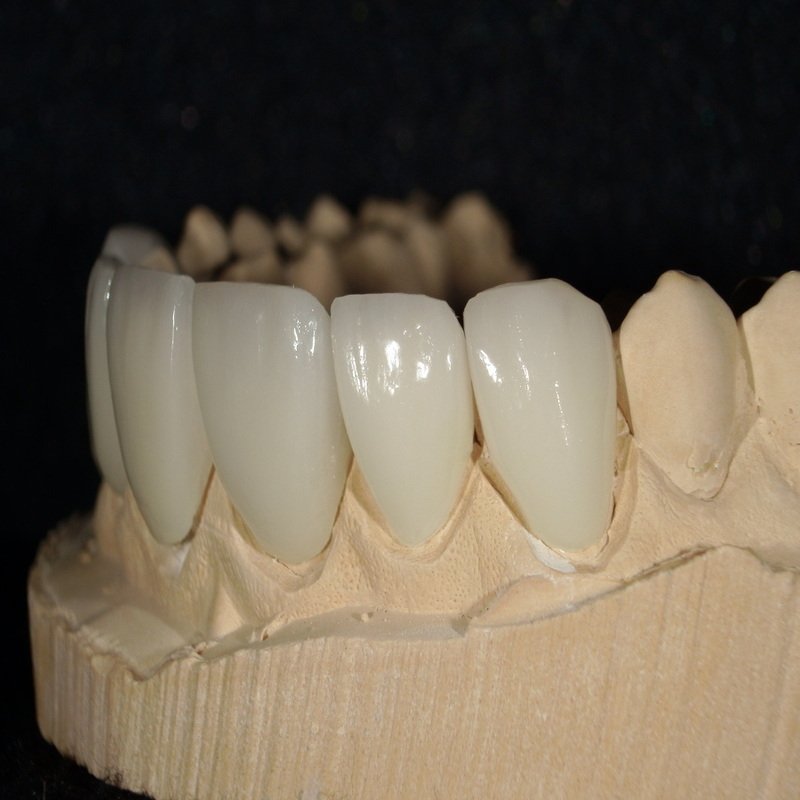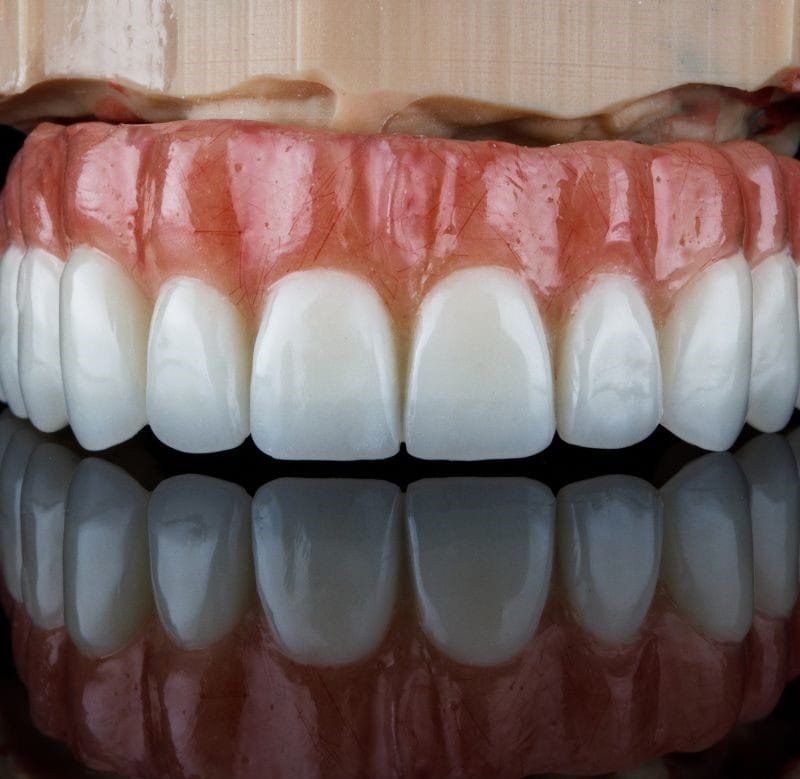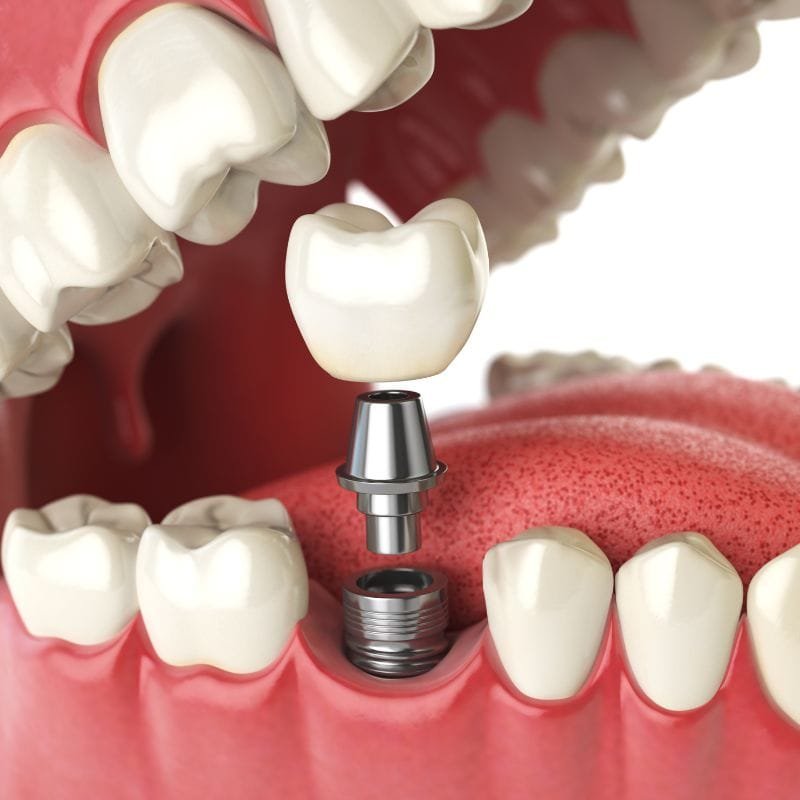What Causes Mouth Ulcers and How to Treat Them
What causes mouth ulcers? Mouth ulcers, also known as canker sores, are small and uncomfortable lesions in the mouth and gums that can make drinking, eating, chewing, and talking very painful.
Although mouth ulcers aren’t contagious and usually disappear within one to two weeks, you must see your dentist. You must mention that every time you notice something different in your teeth and mouth, you should always visit your dentist for a regular check-up and a diagnosis to avoid complications later. Going to your dentist can help you prevent many dental problems that germs and bacteria can cause.
Ulcers may appear on the tongue and the inner tissues of your mouth, such as the inner cheeks, lips, and throat. These wounds are usually gray, white, or yellow, with a red border surrendering them.
What Causes Mouth Ulcers?
What causes mouth ulcers? Some of our bad habits often cause mouth ulcers in our oral health. Here are some of the common factors that produce them:
- Bites inside your mouth
- Hard brushing your teeth
- Continuous rubbing to sharp teeth
- Continues rubbing to braces
- Constant rubbing against misaligned teeth
- Poor oral hygiene
- Burns caused by eating hot food
- In women, hormonal changes can be a factor, too
- Emotional stress
- Mouth bacterias
- Toothpaste containing sodium lauryl sulfate
Mouth ulcers are also related to several health conditions in which medical observation and treatment are required; these are:
- Viral infections such as chickenpox and cold sore virus.
- Deficiency of iron vitamin
- Deficiency of vitamin B12
- Chron’s disease
- Weakness in the immune system due to HIV and AIDs
- Coeliac disease
- Oral cancer
Types of Mouth Ulcers
There are different types of mouth ulcers; there are three main types, which include the following:
- Herpetiform ulceration (HU): Herpetiform ulcers are a subtype of aphthous ulcers. Their name is related to the sores associated with herpes, as they look alike. Unlike herpes, HU is not contagious. HU ulcers reappear very quickly, which may give the impression that the condition never gets better.
- Minor ulcers: This type can range from about 2 mm to 8 mm across. These ulcers can take up to 2 weeks to recover and will only cause little or no pain.
Major ulcers: These types of sores are bigger than minor ulcers. They are usually irregular, maybe raised, and penetrate deeper into the tissue than small ulcers. Major ulcers take longer to recover from and typically leave scar tissue when clear.
Treatment for Mouth Ulcers
Most of the time, mouth ulcers will disappear in one to two weeks, depending on the care you give to your mouth. These are some of the recommendations to help you in case you get a mouth ulcer:
- A soft toothbrush will work for your teeth: this will help you to avoid irritations to the ulcer
- Use a toothpaste that does not contain sodium lauryl sulfate
- Get OTC: this will help you to prevent irritation to the ulcer
- Avoid specific types of food, such as spicy, hot, or hard: doing this will improve your treatment and allow you to recover more quickly from mouth ulcers.
- When drinking a cold beverage, try using a straw
- Drink a lot of liquids
- Keep your mouth as clean as possible. This will help keep the area clean, avoid more infections, and can also provide pain relief.
- Rinse your mouth with salted water: this procedure will keep your mouth clean.
Patients can follow tips or home remedies to recover from mouth ulcers. However, please consider that it is always very important to consult a professional, as mouth ulcers can develop from different causes.
If patients continue getting ulcers frequently, it will be necessary to keep a record and visit a professional for a full analysis. Discarding them is another situation in which an alternative approach will be required.
Mouth Ulcers vs. Herpes
Mouth ulcers are little wounds that develop in your mouth. These lesions usually appear on the soft tissue and inner parts of the mouth, teeth, or the roof of the mouth.
They often appear because of a nutritional deficiency or a weak immune system. These wounds are not contagious and commonly go away on their own.
Cold sores, sometimes known as oral herpes or fever blisters, are caused by the herpes virus. These are little sores that are observed on or around the lips.
Two strains of herpes can cause a cold sore: HSV1, which usually happens in the mouth. However, HSV2, commonly found on the genitals, can also cause cold sores. So, unlike ulcers, herpes is very contagious.
Mouth Ulcers Prevention
You can also do some things to prevent yourself from getting mouth ulcers. See below for some tips to reduce the risk of getting mouth ulcers:
- Brush your teeth using a soft toothbrush; this way, irritation can be overcome.
- Use toothpaste recommended by your dental hygienist.
- Avoid food that causes you ulcers, like hot or spicy food
- Reduce stress and anxiety
- Include vitamin B12 in your daily diet
All considerations mentioned above can help you reduce the risk of mouth ulcers, which can later produce different oral health problems. Please do not take it as a common problem; remember that there are various reasons for getting them, some of which are due to adverse health conditions. Ensure you keep your mouth clean and follow the tips to avoid them.
Remember, it is imperative to visit your dentist and establish a routine to avoid complications and provide proper care for your teeth. In the same way, you take care of your body, you should do the same with your mouth and teeth.
Many health problems related to the mouth and teeth can be prevented if we get regular check-ups from our dental hygienist. The sooner a problem is detected, the less invasive and painless the treatment.
If you have any questions, ask our dentists and specialists. If you feel or see something different in your mouth, do not wait for a long time; get an examination. Remember, you can contact our dental specialist, and we can get you the best treatment or help you solve any concerns.


